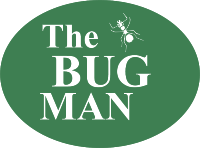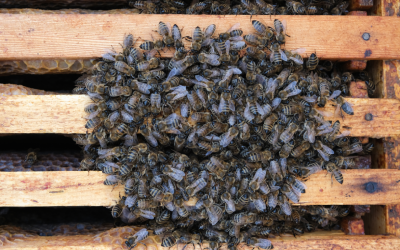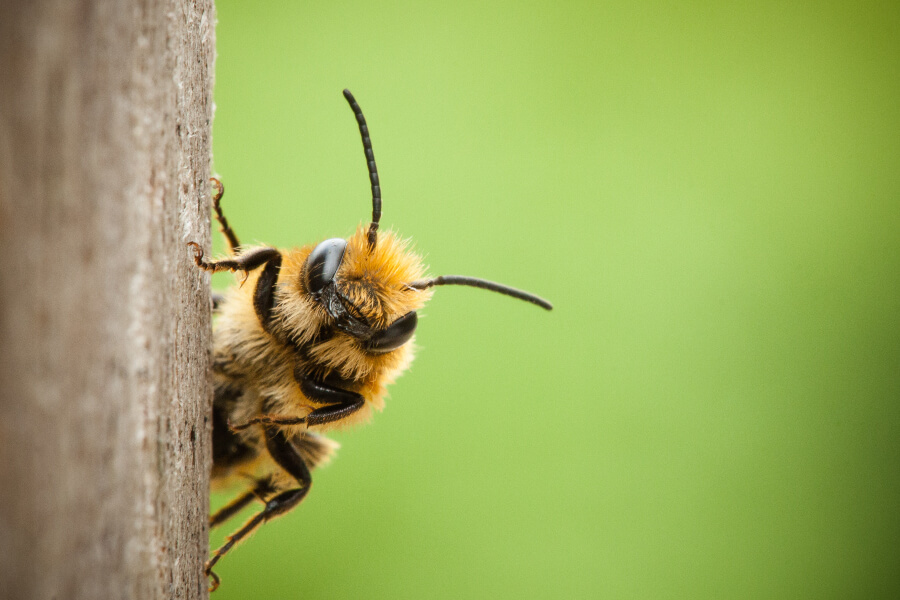Everyone associates the buzzing of bees with spring or summer. Bees and all other types of stinging insects are at their peak during these times of the year, often during the fall. So what happens during the winter? It’s hard to imagine that any insect can survive Central Tennessee’s cold temperatures. The truth is that certain types of bees can survive the winter months depending on how low the temperature drops. Here’s what you need to know about winter bees from the experts at The Bug Man.
Winter Bee Activity
Some species of bees seem to disappear in the late summer or early fall after their activity peaks. If the temperature drops below 50°F, bees are less likely to be as active as they are in the summer. The three most common bees in our region each react differently to winter temperatures:
- Honey bees: For honey bees to survive the winter, they must have a robust population with a secure hive and a large store of honey. Male honey bees die off, leaving the female bees to crowd tightly together in their hive with the queen in the middle. The female worker bees will vibrate and shiver around the queen bee, keeping alive until warmer days return.
- Bumblebees: All bumblebees in a colony except the queen will die if temperatures become too cold. The queen bees will hibernate, or overwinter, by digging small holes in the dirt.
- Carpenter bees: These wood-destroying bees can remain dormant through the winter in their nests. During the winter months, young carpenter bees that hatched in the summer will hibernate in their nests. During the summer, older bees will die after larvae are laid.
Preventing Bees in Central Tennessee
During the winter, you don’t have to worry about a full-blown infestation, but it’s a great time to start getting ready for the coming months. Follow these steps before bees become active in the spring:
- To prevent pests from entering your home, seal cracks and crevices around the exterior of the property.
- Plant your gardens far away from your property, or stick to grasses and non-flowering shrubs.
- Mow your lawn regularly and avoid letting areas become overgrown.
- Install tight-fitting screens on your windows and doors.
- Fill in holes in the yard left by animals to get rid of nesting sites for bees and other wasps.
- Invest in tight-fitting lids for outdoor trash and recycling cans.
Need Help With Bee Control?
Any time of year, you should contact your local bee control experts if you have bee problems. You can count on us to identify areas around your property that could harbor nests or overwintering stinging insects. As spring and summer approach, we can also help you prepare for pests.


